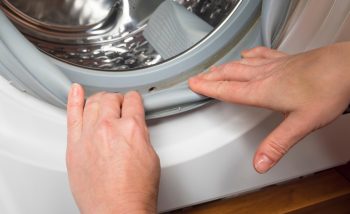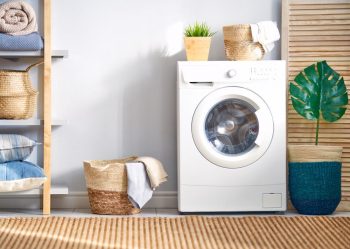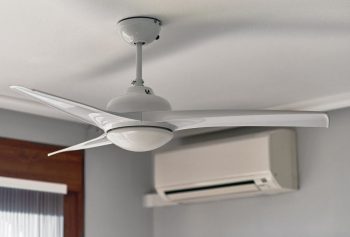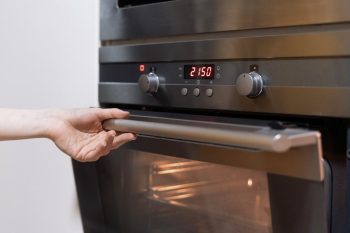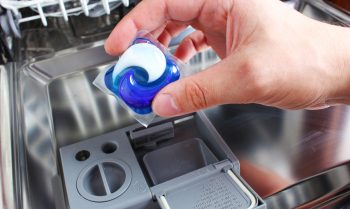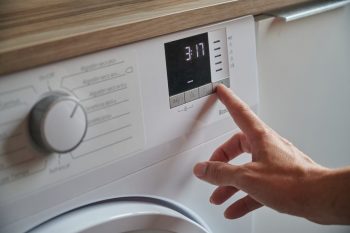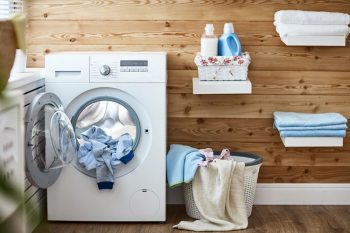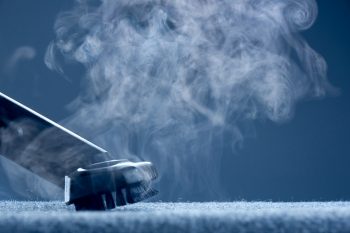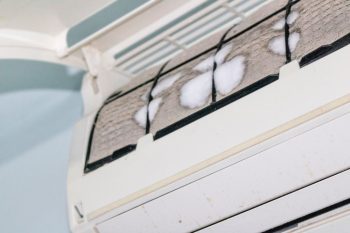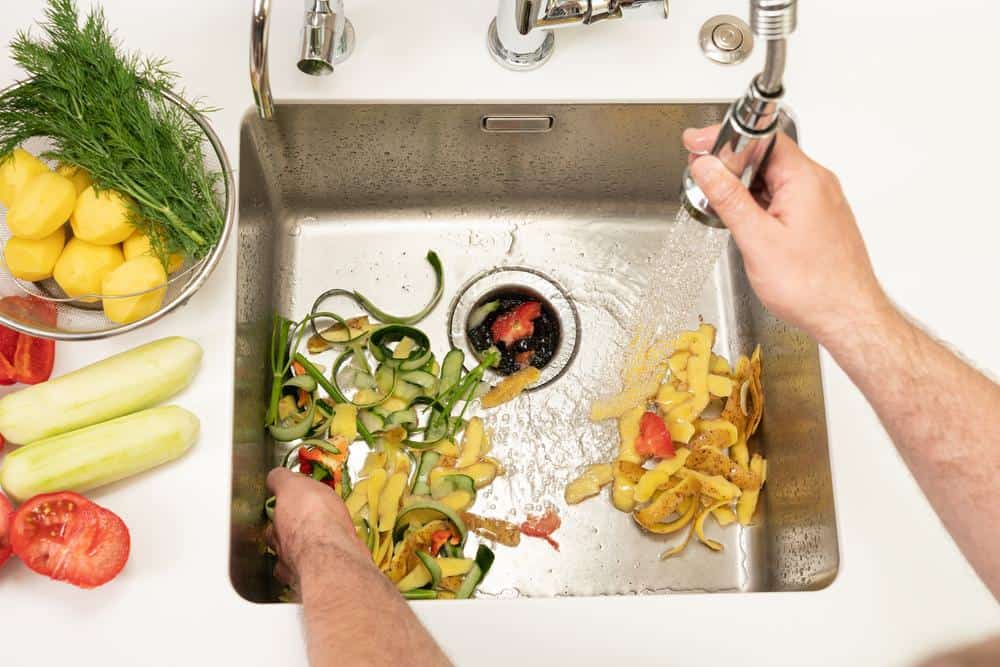
Garbage disposals are a lifesaver when it comes to managing kitchen waste. However, they can become a headache when they start draining slowly or stop working altogether. This article provides an in-depth look at how to fix a slow draining garbage disposal, covering everything from initial diagnosis to maintenance tips, and when to call in the professionals.
To fix a slow draining garbage disposal, first diagnose the problem by checking for obstructions, using a plunger, inspecting the drain trap and discharge pipe, and verifying the circuit breaker. Then, use tools such as a plunger, hex wrench, and baking soda and vinegar to unclog the disposal. Regular maintenance, like running the disposal regularly, cleaning it every two weeks, and not overloading it can help prevent future issues. If the problem persists, it might be time to call a professional.
Common Causes of Slow Draining Garbage Disposal
There are several reasons why your garbage disposal might be draining slowly. These include:
- Improper disposal maintenance and use
- Malfunctioning plastic parts and components
- Bad motor
- Jammed impeller blades
- Debris in the pipes
- Too much food stuck inside the disposal
- Grease and fat
- Coffee grounds and tea leaves
- Flour, pasta, rice, and vegetable peels
Diagnosing a Slow Draining Garbage Disposal
Before you can fix a problem, you need to understand what’s causing it. Here are the initial steps to diagnose a slow draining garbage disposal:
- Check for obstructions
- Use a plunger
- Inspect the drain trap and discharge pipe
- Check the garbage disposal’s wall switch
- Verify the circuit breaker
Tools and Materials Needed
To fix a slow draining garbage disposal, you’ll need:
- A plunger
- Hex or Allen wrench
- Flashlight
- Pliers or tongs
- Bucket
- Baking soda and white vinegar
Safety Measures
Working with a garbage disposal requires careful consideration for safety. Always disconnect the power, never put your hands inside the disposal, follow the manufacturer’s guidelines, use a flashlight to inspect the disposal, reset the internal circuit breaker, and call a professional if needed.
Unclogging a Garbage Disposal
There are several methods to unclog a slow draining garbage disposal:
- Reset button
- Plunger
- Baking soda and vinegar
- Manual rotation
- Remove debris
- Ice cubes
Maintaining a Garbage Disposal
Prevent future slow draining problems by maintaining your garbage disposal. Run it regularly, use cold water, avoid harmful items, clean it every two weeks, don’t overload it, use enough water, sharpen the blades, descale and clean the unit, and flush the disposal.
When to Call a Professional
Sometimes, the problem is too big or complex for a DIY fix. Signs that you need professional help include slow drains, foul odors, leaks, jammed blades, ineffective grinding, noise without power, regular cleaning practices won’t unclog it, and persistent odor.
Long-term Damages of Unrepaired Slow Draining Garbage Disposal
Leaving a slow draining garbage disposal unrepaired can lead to several long-term damages such as leaks, clogs, pipe damage, foul odors, health hazards, and reduced appliance lifespan.
Servicing a Garbage Disposal
Regular servicing can keep your garbage disposal in top shape. Clean it at least once every week or two. Inspect and tighten disposal drain connections and fasteners quarterly. Have the garbage disposal drain snaked about once every two years.
In conclusion, fixing a slow draining garbage disposal involves diagnosing the problem, using the right tools, taking safety measures, and maintaining the disposal. Always remember to call a professional if the problem persists.
Frequently Asked Questions
What should I do if the garbage disposal is not turning on at all?
If your garbage disposal is not turning on, check for a reset button on the bottom of the disposal unit. If it has tripped, the button will be popped out. Press the button to reset the disposal. If this doesn’t work, check your home’s electrical panel to see if the circuit breaker has tripped. If none of these steps work, it might be time to call a professional.
Can I use chemical drain cleaners to unclog my garbage disposal?
It’s not recommended to use chemical drain cleaners on your garbage disposal. They can cause damage to the disposal and pipes over time. Instead, try using a plunger or a mixture of baking soda and vinegar to unclog the disposal.
How long does a garbage disposal typically last?
With regular maintenance and proper use, a garbage disposal can last anywhere from 8 to 15 years.
Is it okay to pour hot water into my garbage disposal?
While it’s okay to run hot water through the disposal, it’s recommended to use cold water while the disposal is in operation. Cold water helps solidify any grease or oils that might be in the disposal, making it easier for the unit to break them down and flush them out.
Can I grind glass, metal, or plastic in my garbage disposal?
No, you should never grind glass, metal, or plastic in your garbage disposal. These materials can damage the blades and motor of the unit. Always make sure to remove any non-food items from your sink before operating the disposal.

